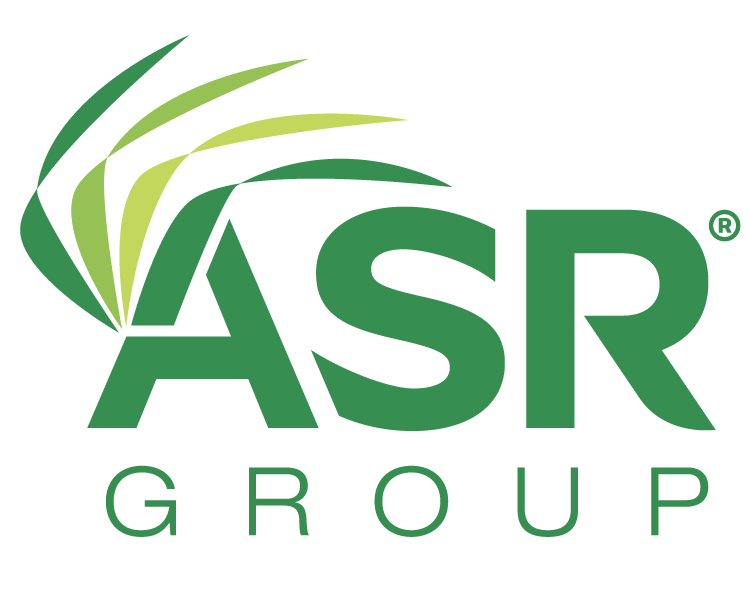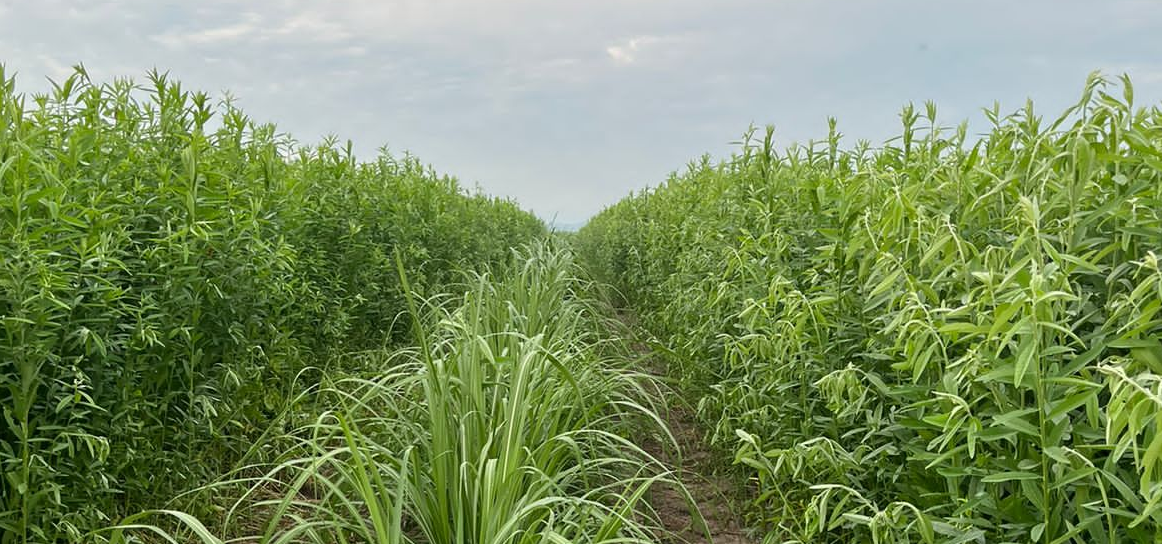

Mexico Agriculture Team Pilots Sustainable Farming Practice to Revitalize Soil

Our Mexico agriculture team has launched a successful trial to revitalize the soil by growing several crops simultaneously—in this case, sugarcane and legumes—on the same plot of land. After a successful first phase of the trial in late 2021, the practice—called meiosis, or intercropping—is now underway on another plot of land.
“The main objective of the program is to regenerate the soil,” said Leonardo Perdomo Santana, Sowing and Soil Preparation Coordinator, whose team is helping lead the trial. “The legumes, including beans and Crotalaria, help fix nitrogen from the atmosphere into the soil, which helps aerate the soil through its taproot and adds organic matter such as carbon and nutrients back to the soil.”
This is especially important, because in Mexico, only a small amount of the soil is organic (composed primarily of broken down plant matter); the vast majority is sediment and silt.
“Rather than just taking from the soil, sustainable agriculture practices such as intercropping help us give back to the soil, promoting the growth of microbiota within the soil and bringing it back to life,” said Dr. Daryl Sabourin, Sr. Director of Sustainability. “Over time, this will increase the organic content in the soil, which will help it act as a carbon sink and store carbon dioxide from the atmosphere.”
Not only will increasing the carbon concentration in the soil make it healthier; it also helps improve crop yields and prevents erosion.
“By revitalizing the soil, intercropping also helps deter pests and weeds,” said Leonardo. “By promoting a healthy seedbed, this sustainable practice allows us to continue planting on that same plot, minimizing seed transportation costs and optimizing the labor involved.”
The Mexico agriculture team is planning for the future, as sustainable farming practices such as meiosis become increasingly popular for their environmental benefits and for potentially lowering the cost of planting. Ultimately, the team plans to teach smallholder farmers in our farming region how to regenerate the soil through intercropping, helping spread this best practice and promote soil health throughout the region.